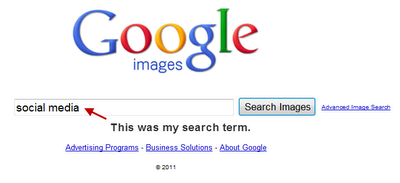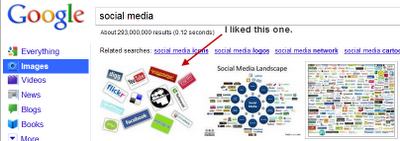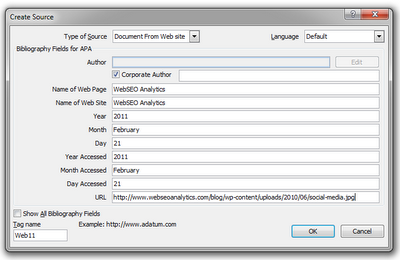We had another day of
TOK presentations today. We are back on schedule for tomorrow's presentations (which we will start during Tutorial) thanks to the History group of Yanchen, Yu Ming, and Akhil staying into their lunch break to present.
Please remember that you have a
Paper 2 on Friday on the origins of the Cold War. Visit the wiki for articles on historiography on this topic, as well as historiography on the Korean War.
We finished watching
"Bend It Like Beckham" today in class. You had some time to finish off the questions/charts in the film study booklet. I'll be taking this booklet in tomorrow for homework check completion marks. Please remember that your
Illustrated Concept Map is due on Monday, February 29th. Please see what I've posted below on using APA to cite the sources that you use. Also, please remember that you're writing your
Chapter 3-4 Test next Wednesday (March 2nd), and you can find the study guide below. You're writing a
Unit 1 WRA I (three source analysis)
next Thursday, so I'll be teaching you how to write them tomorrow.
- Know the key terms from Chapter 3-4
- Be able to answer the Questions for Inquiry in Chapters 3-4 (they appear on p.49, p.53, p.58, p.73, p.80)
- Know relevant case studies from Chapters 3-4: the Francophones, the Aborigines and the Lubicon, as well as other relevant examples related to assimilation, marginalization, accommodation and integration
This should help Social 10-1 students who are working on their Illustrated Concept Map Assignments...

Most of you will probably use Google for your image search. Just type in your image search term.

A bunch of different images will pop up. Just click on one that you like. Go to the website where the image is hosted.

Right click on the image and then click on "Properties" and then you'll get the address of the image.

The pop up dialogue box will look something like this.
This is where it's nice to have either Microsoft Word 2007 or later because it has a built-in reference tab that makes it easy to cite your sources. Click on the References tab, make sure it is set to APA. If you click on Insert Citation or Bibliography, you'll get a pop up that will look something like this. I've put in the information for the image that I used in this example.

Today was a
work period in Social 30-1. You had the period to work on a couple of items that are due for homework. The first assignment is due tomorrow, and it's called
"The Philosophies of Industrialism". You were to
read, highlight, and answer the questions for this activity which can be found in your
blue Social 30-1 workbooks on pages 26-44. Also, if you finished this off in class, you could have start working on your
Chapter 4 Key Terms and Questions, these
aren't due until Wednesday, March 2nd.




